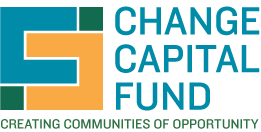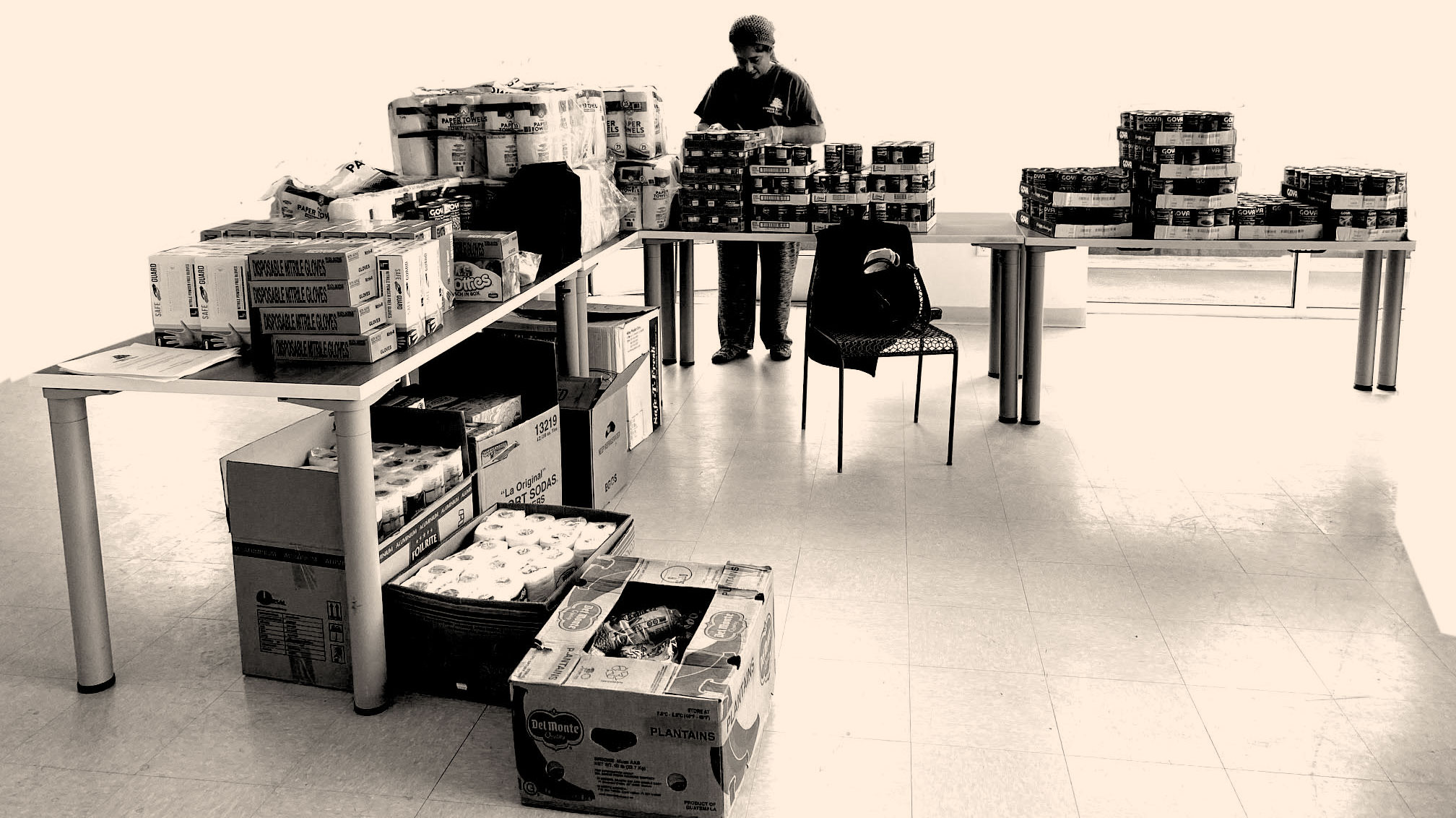As New York City absorbed the shock that the raging COVID-19 virus would necessitate the city’s shut-down and schools and businesses locked their doors, so, did the staff of community-based organizations head home. Just as an inequitable world was becoming unimaginably worse for the city’s poorest, the lights in community centers went out and, in an instant, thousands of English learners had no classes, children had no afterschool, teens no summer work, job seekers no way to access training, immigrants no kind English-speaker explaining a path to citizenship… It was as if the Ghost of Christmas Yet to Come had shown a glimpse of an ugly future in a scary present.
While ambulances screamed and the streets filled with demands for a racial reckoning, the staff from community-based organizations focused on the needs of their communities. Like all of us, they were worried about getting sick, about aging parents, their children, suddenly out of school. Working from their homes, they quickly reached out to their communities to learn of urgent hardships and fears. In response, without direction or full knowledge of how services would be paid for, they sourced and distributed food, raised and distributed cash, donated computers, and trained people to use them. They rejiggered and restored their services to offer them on-line. They counseled and consoled, marshalled volunteers and social networks to provide mutual aid. They raised their voices to demand racial justice and to insist that unmet needs be more systematically addressed.
They were not able to reach everyone. The community organizations lost staff, tenants, members, and neighbors to COVID-19. But, in the darkest days of the pandemic, as now, they provided a buffer and lifelines to hundreds of thousands of people, offering comfort, paths forward and even new opportunities.
This report is from the Change Capital Fund (CCF). We are funders who have pooled our resources to support neighborhood-based, community development corporations for twenty-five years. Our long-term relationship with our grantees affords us an opportunity to get to know them well and we are grateful for their dedication, adaptability, and resilience. Born in crises, New York City’s community development corporations (CDCs) formed to rebuild homes and revitalize their neighborhoods, renovating over 100,000 apartments as affordable housing and putting thousands of buildings back on the tax rolls. Today, they remain essential emergency responders that work directly with residents to soften the blows of crises, call attention to the experiences of low-income people, and advocate for public policies that support them. Our grantees were behind successful organizing campaigns that are preventing hundreds of thousands of evictions and that will provide relief for undocumented workers.
Based at the United Way of New York, CCF’s funders—banks, foundations, intermediaries, and the Mayor’s Office for Economic Opportunity—contribute funds to make grants that are larger than many of our institutions could make individually, for a longer-term and with more flexibility. We support our grantees in four-year cycles with a goal to increase their capacity to manage based on their performance. With our resources they have hired internal evaluation coordinators, built tracking systems, and changed their cultures to become more outcome oriented. The data systems they have created have proven vital during the pandemic, enabling staff and their constituents make strategic decisions and to share information in dangerous times.
Of the many lessons of the pandemic, one is surely that we must better support the organizations that care for and empower our low-income neighbors. We cannot take for granted that these organizations will continue to be there for hundreds of thousands of low-income people. Change Capital Fund seeks to call attention to the outsized contributions made by these organizations in a troubled time and to remember their value in ‘good’ times, which are chronically difficult for too many people. CCF invites funders to join us so we can increase the capacity and resiliency of these groups, as essential to their communities as firehouses.
The data herein provides a snapshot of the aid that our eight current grantees marshalled for the first six months after the pandemic hit New York City in February 2020—with data systems CCF helped them to build. These groups stepped up even while some government funding was stepped down. We recognize, and CCF funders support, scores of other organizations that are in the same, tenuous situation. They are all expected to run on too little, too fickle funding that leaves them without enough resources to adequately plan or invest in their own futures. We recognize and thank the people who helped so many people in hard times and we urge the City and philanthropic community to sustain and to step-up support for nonprofit community development organizations as we work to put the bleak conditions of a world that abandons its most vulnerable members behind us.

Patricia Swann
Senior Program Officer
The New York Community Trust
Change Capital Fund Co-Chair

Steven Flax
Administrative Vice President, Regional CRA Manager
M&T Bank
Change Capital Fund Co-Chair

